Lawyer Nguyen Thanh Ha - Chairman of SB Law Firm said that it is necessary to control the quality and origin of goods on the Temu e-commerce platform.
Currently, many e-commerce platforms such as Shopee, Lazada, Temu,... in which the e-commerce platform Temu provides cheap goods, causing concerns that it will affect the production and business activities of domestic enterprises, especially small and medium enterprises. Lawyer Nguyen Thanh Ha - Chairman of SB Law Firm shared about this issue with reporters of Cong Thuong Newspaper.
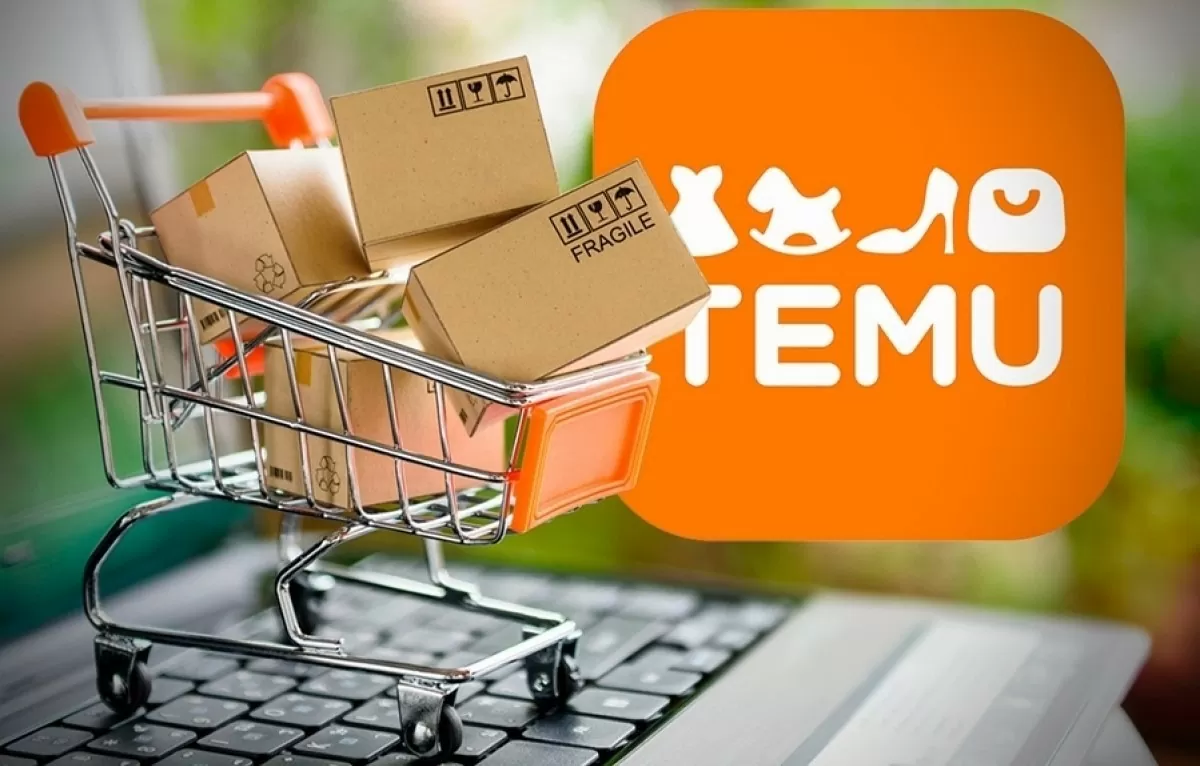 |
| Temu e-commerce platform offers cheap goods, raising concerns about counterfeit goods. Illustration photo |
Recently, with e-commerce platforms selling cheap goods to the Vietnamese market, many opinions say that it will cause many difficulties for domestic manufacturing enterprises. What is your opinion on this issue?
Currently, Vietnam is one of the countries with an average e-commerce growth rate of about 25%/year, among the top in Southeast Asia. The number of online shoppers has now exceeded 61 million with an online shopping value of about 336 USD/person/year. This is also the reason why Vietnam has become a destination for cross-border e-commerce platforms.
However, the fact that e-commerce platforms provide cheap goods to the Vietnamese market is something that needs to be paid attention to at present. In my opinion, the fact that foreign e-commerce platforms sell cheap goods in Vietnam creates both great opportunities and challenges for the e-commerce industry and the economy .
Specifically, on the positive side, it promotes competition, forcing domestic enterprises to improve product quality, improve services and modernize to retain customers, while providing more choices at more reasonable prices for consumers. This also contributes to the development of digital infrastructure, promoting digital transformation in enterprises, thereby modernizing the economy.
However, the strong presence of international platforms puts great pressure on domestic enterprises, especially small and medium enterprises, when it is difficult to compete on price and promotion. The dominance of cheap imported goods reduces the market share of Vietnamese products, increases the trade deficit, and makes the Vietnamese economy easily dependent on foreign platforms, posing many risks.
In addition, foreign exchanges often apply procedures to avoid certain taxes, affecting national budget revenue.
 |
| Lawyer Nguyen Thanh Ha - Chairman of SB Law Firm |
Recently, the e-commerce platform Temu has "entered" the Vietnamese e-commerce market with a variety of goods at super cheap prices. However, this activity raises concerns about the mixing of fake and counterfeit goods. According to you, what solutions do we need to prevent this situation?
To prevent counterfeit goods, fake goods and products that have negative impacts on foreign e-commerce platforms such as Temu (if any), Vietnam needs to apply many synchronous solutions.
First, it is necessary to strengthen management and close supervision from the authorities, requiring e-commerce platforms to strictly control product quality and seller information. Clear regulations on providing information on origin, source, and quality certification are essential.
At the same time, the platforms also need to build a reliable seller authentication system, requiring sellers to provide valid documents on the origin of goods and business registration. In particular, applying strict sanctions for violations, including fines, suspension or criminal prosecution, will help deter cases of counterfeit and pirated goods trading.
In addition, it is necessary to raise consumer awareness on how to identify counterfeit and fake goods and encourage them to report suspicious products for timely handling. International cooperation with other countries and international organizations is also an important factor in sharing information and applying synchronous measures in preventing counterfeit and fake goods.
In addition, the application of technology such as blockchain and artificial intelligence to track and authenticate the origin of goods will help consumers easily distinguish between genuine and fake goods, thereby enhancing the transparency and reputation of the e-commerce market.
According to current regulations, what are the conditions for foreign e-commerce platforms to operate in Vietnam, and when participating, how must these platforms comply with Vietnamese law, sir?
Pursuant to Article 67c of Decree 52/2013/ND-CP, foreign investors choosing to invest in the e-commerce sector in Vietnam must satisfy two conditions: Investment form and National security assessment opinion from the Ministry of Public Security in case the foreign investor controls at least one enterprise in the top five enterprises in the Vietnamese market in e-commerce services.
Specifically as follows:
Firstly , regarding the form of investment: Although e-commerce activities can be conducted through “electronic means connected to the internet, mobile telecommunications networks or other open networks”, foreign investors wishing to invest in Vietnam in the field of e-commerce must still establish an economic organization in Vietnam, or through the form of capital contribution, purchase of shares or capital contributions.
Thus, basically, foreign investors' investment in the e-commerce sector in Vietnam must go through an enterprise (which can be an enterprise established by the investor or contributed capital, purchased shares, or contributed capital), at the same time, investment in the form of a business cooperation contract is not allowed.
Second , in case a foreign investor controls one or more enterprises in the top five enterprises in the e-commerce service market in Vietnam according to the list announced by the Ministry of Industry and Trade , the foreign investor must have an assessment of national security from the Ministry of Public Security. In this case, investors need to pay attention to two issues: What is “control” and which enterprises are in the top five enterprises in the e-commerce service market in Vietnam.
In Decree No. 85/2021/ND-CP, the Government has added regulations related to e-commerce activities involving foreign elements. The Decree requires foreign individuals and organizations with websites providing e-commerce services in Vietnam to be traders and organizations with one of the following forms of operation: E-commerce websites under Vietnamese domain names; E-commerce websites with Vietnamese display language; E-commerce websites with more than 100,000 transactions from Vietnam in 1 year.
Foreign traders and organizations with websites providing e-commerce services in Vietnam as prescribed above shall register for e-commerce activities as prescribed in this Decree and establish representative offices in Vietnam as prescribed by law or appoint their authorized representatives in Vietnam.
The activities of a representative office or the authorized content must ensure the following responsibilities: Coordinate with state management agencies in preventing transactions of goods and services that violate Vietnamese law; perform obligations regarding the protection of consumer rights and product and goods quality according to the provisions of Vietnamese law; perform reporting obligations according to regulations.
From the above regulations, in the face of e-commerce platforms bringing cheap goods to the market, what measures should Vietnam take to prepare and respond to help domestic enterprises maintain production and develop stably and sustainably?
The operation of foreign e-commerce platforms in Vietnam, especially unregistered platforms, can create many challenges in terms of controlling product quality, product origin, and fair competition with domestic businesses such as Shopee, Lazada, and Tiki. To solve these problems, we can apply some of the following measures:
First , control the quality and origin of goods. The state needs to require product registration and certification for products on e-commerce platforms. Foreign e-commerce platforms need to register their operations and comply with regulations on product quality, including providing certificates of origin for products.
The competent state agency may require these enterprises to submit documents proving that their goods meet the quality and safety standards prescribed by Vietnamese regulations.
At the same time, authorities should strengthen inspection and supervision of suppliers of goods from abroad, especially products traded through e-commerce platforms. This may include regular and surprise inspections of imported shipments. If poor quality or unknown origin goods are detected, strict measures such as fines, suspension of operations or import bans should be taken.
Second , to ensure fair competition, foreign e-commerce platforms must comply with the same promotional regulations as domestic enterprises. In addition, when there are promotional programs or policies, it is necessary to provide clear information about products and prices. This helps consumers compare and choose products fairly.
Competent state agencies can encourage domestic and foreign e-commerce platforms to cooperate to ensure the quality of goods and services and create a healthy competitive environment. This may include establishing forums for businesses to share experiences and quality management processes.
In addition, it is necessary to strengthen consumer education and awareness. Building strict management policies will help protect the interests of domestic consumers, support Vietnamese businesses to compete fairly and promote the sustainable development of the e-commerce market.
Thank you!
Source: https://congthuong.vn/luat-su-nguyen-thanh-ha-kiem-soat-chat-nguon-goc-va-chat-luong-hang-hoa-tren-san-thuong-mai-dien-tu-temu-355988.html



![[Photo] Prime Ministers of Vietnam and Thailand visit the Exhibition of traditional handicraft products](https://vphoto.vietnam.vn/thumb/1200x675/vietnam/resource/IMAGE/2025/5/15/6cfcd1c23b3e4a238b7fcf93c91a65dd)

![[Photo] National Assembly Chairman Tran Thanh Man meets with Thai Prime Minister Paetongtarn Shinawatra](https://vphoto.vietnam.vn/thumb/1200x675/vietnam/resource/IMAGE/2025/5/15/e71160b1572a457395f2816d84a18b45)

















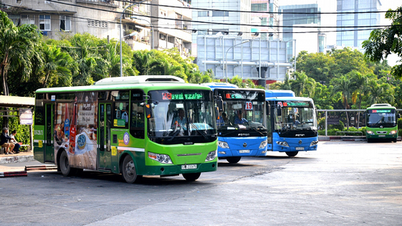
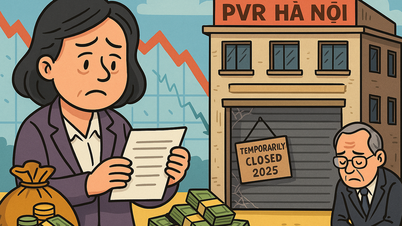





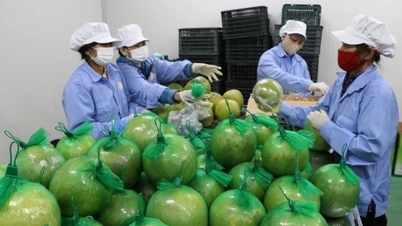
















































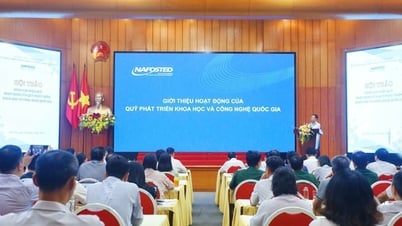




















Comment (0)